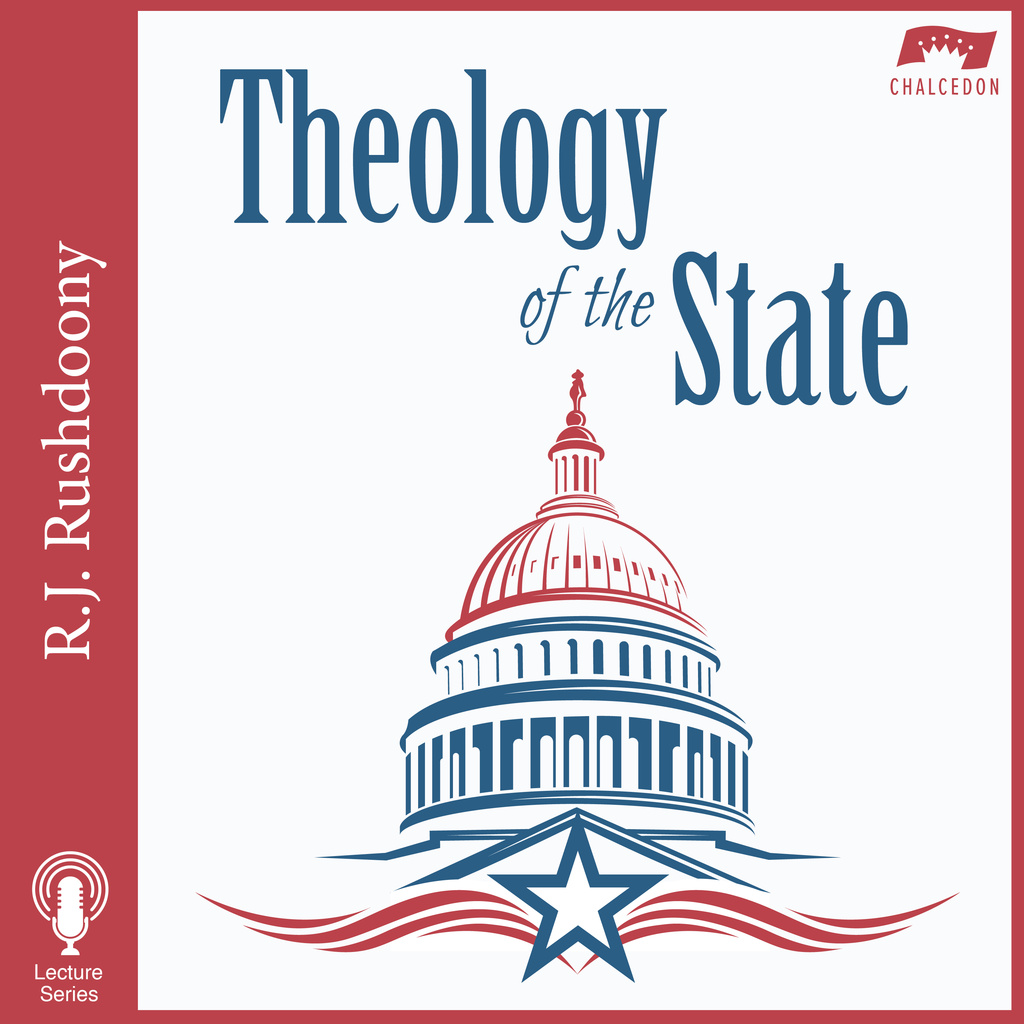
The "Atheism" of the Early Church
For paganism, divinity was an inherent power in nature. This inherent power manifests itself in great men, they said, but supremely in the state. In the state, the men of the society, the rulers, the heroes, realize themselves. They become gods. A stateless man was no man at all, and a stateless god was no god. A religion sought to express itself in the life of a state. Thus, to Æmilianus, atheism was to disbelieve in the natural gods, the forces of nature, and to believe in a supernatural god. By definition, there could be no such god. Therefore, to profess such a thing was to be perverse, it was to be contrary, it was to be an atheist.

- R. J. Rushdoony
For paganism, divinity was an inherent power in nature. This inherent power manifests itself in great men, they said, but supremely in the state. In the state, the men of the society, the rulers, the heroes, realize themselves. They become gods. A stateless man was no man at all, and a stateless god was no god. A religion sought to express itself in the life of a state. Thus, to Æmilianus, atheism was to disbelieve in the natural gods, the forces of nature, and to believe in a supernatural god. By definition, there could be no such god. Therefore, to profess such a thing was to be perverse, it was to be contrary, it was to be an atheist.

- R. J. Rushdoony
Rev. R.J. Rushdoony (1916–2001), was a leading theologian, church/state expert, and author of numerous works on the application of Biblical law to society. He started the Chalcedon Foundation in 1965. His Institutes of Biblical Law (1973) began the contemporary theonomy movement which posits the validity of Biblical law as God’s standard of obedience for all. He therefore saw God’s law as the basis of the modern Christian response to the cultural decline, one he attributed to the church’s false view of God’s law being opposed to His grace. This broad Christian response he described as “Christian Reconstruction.” He is credited with igniting the modern Christian school and homeschooling movements in the mid to late 20th century. He also traveled extensively lecturing and serving as an expert witness in numerous court cases regarding religious liberty. Many ministry and educational efforts that continue today, took their philosophical and Biblical roots from his lectures and books.